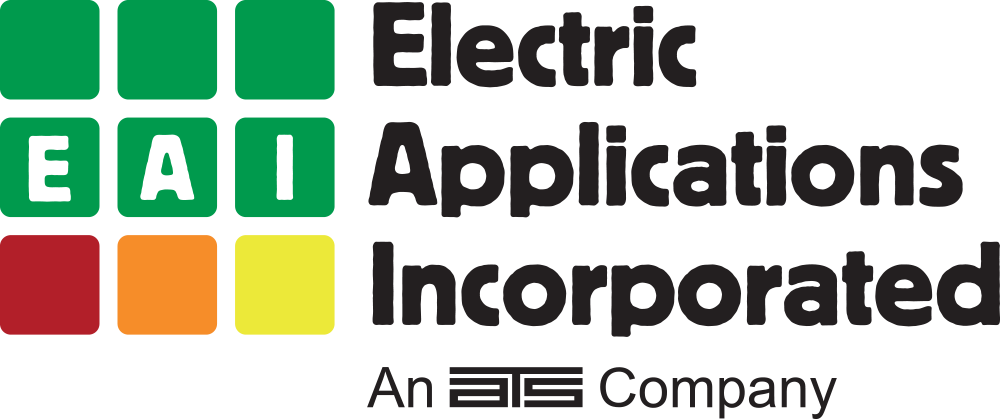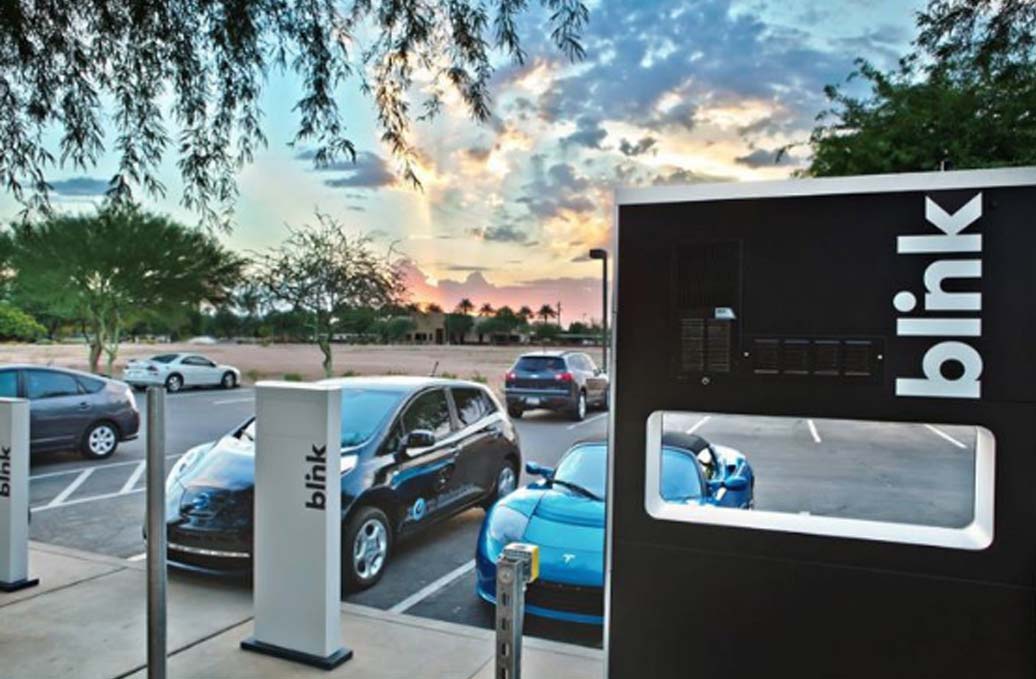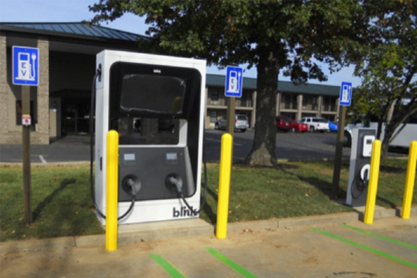Storage Assisted Recharge
Fast chargers for on road electric vehicles (EVs) are being rapidly deployed. These chargers place a large power demand on the local electric grid. Chargers ranging from 20kW to 120kW are currently commercially available. The power demand from these chargers results in an expensive installation, typically requiring the electric utility to install a new metered service. Additionally, at this power level, many electric utilities implement demand charges that range from $10 to $15 per kilowatt/month, resulting in a monthly demand charge of $600 to $900 per month for a 60kW charger. This puts fast charging at a significant economic disadvantage, when a full recharge at home can cost as little at $2 to $3.
To reduce the demand that a DC fast charger places on the electric grid, battery energy storage can be utilized to supply some, or all, of the power and energy required for fast charging. This energy storage can then be charged at a slow rate in order to minimize power demand. This charging can occur immediately after discharge to ready the energy storage device for the next discharge (vehicle fast charge) or it can occur at night or during periods of high renewable energy availability, allowing a reduction in energy cost for charging and the increased use of renewables.
EAI’s Storage Assisted Recharge (StAR) project is currently evaluating the use of various battery types and sizes for the cost-effective mitigation of electric utility demand charges for DC fast charging. This evaluation includes the development of a simulated test cycle representing typical battery operation in support of an EV fast charger and laboratory cycling of batteries using this cycle to simulate battery operation under various temperature and state-of-charge conditions.


